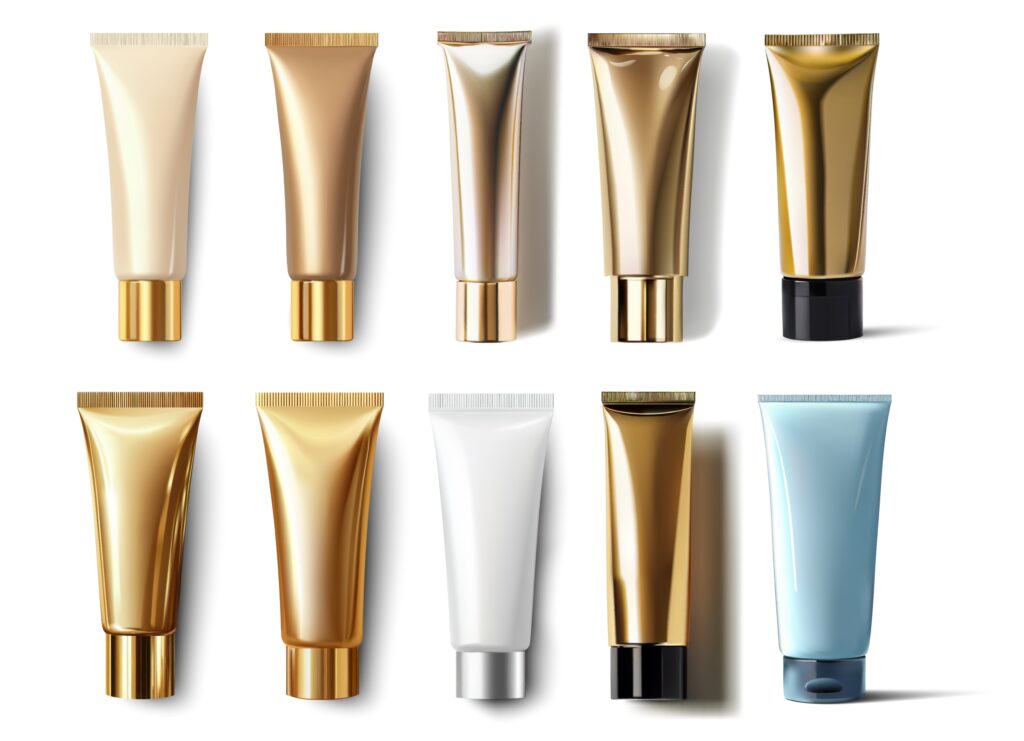Marketplaces have become the go-to way for retailers to quickly expand their assortment in a low-risk way. And Ulta wants in.
The cosmetics retail chain recently launched UB Marketplace not to expand the assortment of its core offering, but to test products in adjacent categories, such as grooming, wellness, pro tools and global beauty, said James Lang, Vice President of Marketplace at Ulta.
“We like to think of this as the second floor to our digital store,” Lang said. “These brands, these categories that we’re launching are really things that you would expect to see, and if we had more floor space, you would naturally see these brands in our stores.”
Ulta Adds More Products to Attract and Appease More Shoppers
The ultimate goal is to gain more wallet share from its current customers and attract new ones, Lang said.
“We have revenue goals that we will achieve, but it’s around putting amazing brands and amazing products in front of our guests and retaining them and acquiring new ones,” Lang said.
A marketplace allows merchants to quickly expand its online assortment without having to invest the capital in buying the products wholesale, warehousing, selling and shipping them. Ulta launched with 100 SKUs on its marketplace with no hard expansion targets. It wants to test and learn what shoppers resonate with in the complimentary categories. In addition, a marketplace allows Ulta to quickly jump on a hot product.
“There are always brands within discovery, so it’s a brand that’s hot on TikTok this week, we want to have the capacity as an organization to be able to action that brand if it makes sense,” Lang said. “If it’s the next hottest mascara brand that we think is amazing, and we can jump on that trend, this gives us the capability to do that.”
Ulta will measure the success of its marketplace products with the same “full-funnel” key performance indicators as other new products, such as traffic, conversion, net promoter score, guest sentiment, sales and profitability.
“We want our guests to find more stuff from us quicker in all of the relevant product categories that they find valuable, so they stay with us and not have to leave our stores,” Lang said.
It’s All About Curation
After a six month build between its vendor Mirakl and 25 work teams, Ulta launched its marketplace at the end of September. This quick build was possible, Lang said, because the initiative was driven from the top down from Ulta’s CEO Kecia Steelman. The marketplace is part of her Unleashed Beauty plan, which aims to expand Ulta’s reach into new and exciting spaces.
“Our strategy is underway with Beauty Unleashed, and this really just feeds into that to continue to grow out our assortment, but not in a endless aisle or extended aisle standpoint,” Lang said.
Instead, it is all about curation. Because Ulta is not the first mover on launching a marketplace, it has taken notes from predecessors about different models, such as a marketplaces that accepts most sellers or ones that are highly selective.
“We’re offering authenticity, vetted brands, all within our Ulta Beauty ecosystem,” Lang said. “If we had more floor space, these would be brands that we would naturally expect to see within our footprint.”
This is a smart strategy for specialty retailers, as the marketplace merchants are representing the brand and are expected to deliver on a brand’s promise, said Scott Eckert, Mirakl’s CEO of the Americas. In fact, on a marketplace product detail page, Ulta has a note “Fulfilled by a trusted brand on UB Marketplace.”
“They are particularly concerned about curation, and they have done a great job,” Eckert said. “They announced it as ‘invitation only and click here to apply’ for sellers to apply to be part of their marketplace. And so they’re being careful about making sure they choose really great products that are consistent with their brand.”
In addition to the low-risk of way of testing other products, marketplaces also allow merchants to experiment with different price points, he said.
Mirakl operates marketplaces for 450 retailers worldwide and has roughly 80 U.S. direct-to-consumer retailer clients. It charges a flat integration fee and then takes a small percentage of each marketplace transaction.




